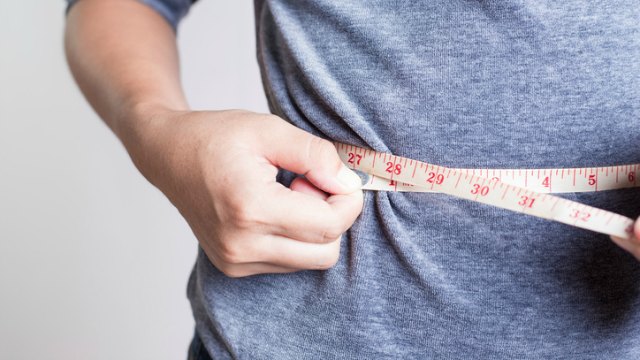 ISTOCK, CHAMPJAA variant in the gene for a certain hormone is tied to people eating more carbs. Yet a new study of 451,000 people finds that the allele doesn’t universally mean poorer health. Researchers reported yesterday (April 10) in Cell Reports that those with the sweet-tooth variant actually have lower body fat than others, and no higher risk for type 2 diabetes. They did, however, find a link between the allele and high blood pressure and a thicker waistline.
ISTOCK, CHAMPJAA variant in the gene for a certain hormone is tied to people eating more carbs. Yet a new study of 451,000 people finds that the allele doesn’t universally mean poorer health. Researchers reported yesterday (April 10) in Cell Reports that those with the sweet-tooth variant actually have lower body fat than others, and no higher risk for type 2 diabetes. They did, however, find a link between the allele and high blood pressure and a thicker waistline.
“This goes against the current perception that eating sugar is bad for health. It may reduce body fat because the same allele also results in a lower consumption of protein and fat in the diet,” study coauthor Timothy Frayling, a molecular geneticist at the University of Exeter Medical School in the U.K., says in a press release. “But whilst this version of the gene lowers body fat, it also redistributes fat to the upper body, where it’s more likely to cause harm, including higher blood pressure.”
The gene of interest here is FGF21, which encodes fibroblast growth factor 21, a hormone involved in alcohol and sugar consumption and insulin sensitization. The authors note that it’s a target of weight loss interventions.
People with a particular ...




















